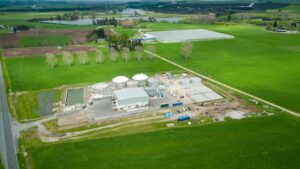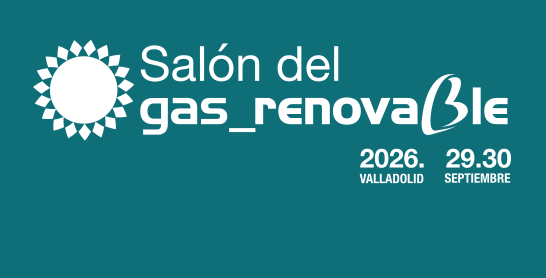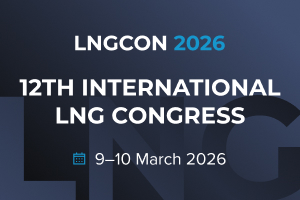Pasteurisation plays crucial role in award-winning New Zealand AD plant

In July, Ecogas, operator of New Zealand’s first commercial-scale anaerobic digestion (AD) facility, won the AD Hero of the Year award at the 2025 AD and Biogas Industry Awards in Birmingham.
Ecogas built New Zealand’s first full-scale energy plant powered by food waste at Reporoa, in the central North Island.
The plant processes around 75,000 tonnes of organic waste annually from council kerbside collections, commercial, and industrial food producers – reducing over 11,000 tonnes of CO₂ per year and contributing to New Zealand’s goal of net zero carbon by 2050.
Commenting on the award, Peter McClean, CEO of Ecogas and Pioneer Energy Group, said the success was supported by strong partnerships and a shared aim to divert organic waste from landfill. He noted: “We championed this technology in a competitive market with limited policy mandates or financial incentives. We are grateful to our partners, councils, and commercial customers for their support.”
The plant, officially opened in October 2022, produces biogas and digestate biofertiliser. The biogas is upgraded into biomethane for injection into New Zealand’s gas grid, and carbon dioxide is supplied to a nearby tomato greenhouse to support crop growth.
The co-mingled food waste used as feedstock may contain organisms that could affect human, animal, or plant health. The HRS Digestate Pasteurisation System (DPS) treats the digestate before use, neutralising pathogens and weed seeds, ensuring the biofertiliser can be safely applied in agriculture.
Traditional pasteurisation systems heat digestate in a tank, often wasting energy. The HRS DPS recovers energy by transferring heat from pasteurised sludge to unpasteurised sludge, reducing energy consumption and eliminating additional heat sources.
The system uses waste heat from site CHP plants, heating digestate to over 70 °C for one hour before cooling. HRS DTI Series heat exchangers recover up to 70% of the energy, with a corrugated tube design that improves heat transfer, reduces fouling, and minimises downtime.
The fully automated system provides an auditable kill-step for pathogens such as Salmonella, Staphylococcus, and E. coli.
Treated digestate becomes a safe biofertiliser, while odours are reduced and nutrient quality preserved. The DPS was delivered and installed in February 2022, with a compact footprint achieved by stacking two inter-connected frame modules.
Alzbeta Bouskova, General Manager at Ecogas, explained why HRS DPS was chosen: “We adopted UK PAS110 digestate standards to ensure the biofertiliser is safe and high quality. HRS offered the track record and local support we needed to meet timelines and quality standards.”
Ella Taghavi, Sales Engineering Manager at HRS Heat Exchangers, added: “Ecogas Reporoa is significant for New Zealand’s bioenergy sector. Efficient pasteurisation allows digestate to be safely used as a renewable fertiliser, returning nutrients to the land while supporting renewable energy goals.”



















